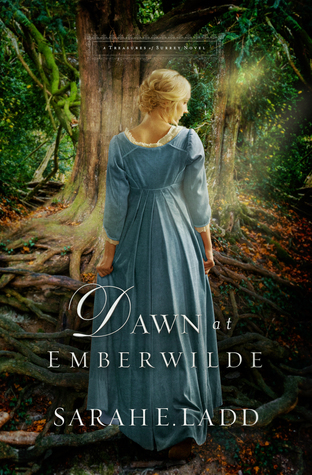
What makes a story come alive? Is it the author? The genre? If the facts are true or false?
What is the power of story?
For me, the power of story is whether or not you can place yourself inside that story and live it. It doesn’t matter it is fiction or non-fiction, but the power of the author to draw you in and make you live it.
Were you there?
History is full of people’s stories. It is the story of the human race. We have long relegated it to textbooks, that detail the facts in a matter of fact way. But take those same facts, give the people a name, create a picture of the place they lived and we live it.
One of the most powerful tools in our possession is well-written, accurate historical fiction. Non-fiction is essential as well, but fiction has the power of story. It gives us the ability to place ourselves in the place of the main character and we live it with them. Instead of being told what someone else experienced, we live it.
We call this “Living History Books”. It is one of the most incredible tools at our disposal as homeschool parents and teachers. Schoolteachers have been using this for years, but over time, it took a lot of time and effort. When time is a commodity this often falls to the wayside. Historical fiction is used, but the textbooks replace it for the majority of the teaching.

Hands-on learning is wonderful, but it takes times as well. For mothers that even are homeschooling, they find that they just don’t have the time to create that. Teachers in classrooms can do it somewhat, but then also, they run out of time to do it all the time.
The key here is they do not have to. They can give the students the tools to experience it themselves. If you give a child a stack of living books, historical fiction that makes the eras come alive to them, along with the history books, the biographies, and documentaries each one will be like they are living it themselves.
They will see themselves traveling the Oregon Trail with the Donner Party, because they have lived it with the Whitman’s, The Sager’s, and the Singing Boones. They know that some of them are fictional characters, but they also know who were the real ones. They feel like they walked through the desert, lacking water, their eyelids swelling, and feeling the taste of sand on their skin.
Their bodies know the pain that they suffered because they connected with a character, whom they lived and walked the trail with.
When the power of story is used in a positive way, it can give our children the heart to learn the stories of the past. When we teach our children the stories of the past, they will learn from it and want to prevent the suffering of the future.
So many times I have seen people, with good intentions scoff at the reading of historical fiction. They insist that too much of it will confuse the facts.
I have never found that while reading a fiction story, that I am confused about the facts. Instead, when I finish, I love reading the authors notes about what was real, where she researched, how he found this story, and what documents they went to while writing.
I end up finding myself researching the history, and looking for the tidbits on the trail of knowledge.
I remember after reading a book by Elizabeth Camden, Against the Tide, coming across an ad for syrup that was mentioned in the book. I ended up researching the facts told in the story. It was based on the facts of how orphans, in order to keep them docile, were given a cough and headache medicine commonly available at that time. What was not widely known was that it contained opium. It kept the orphans weak and docile, but also made them drug addicts. The story is well written and you see the other side of drug addiction, from an orphan, as she is grown.
Historical fiction, which is well written, teaches history in a way that no textbook alone can ever do.
Here are a couple of ways you can get the most out of your reading time for learning and loving history:

- Always check your facts.
- Read several stories and opinions on the time period
- Don’t isolate yourself to one author, explore several.
- Certainly do not restrict yourself to encyclopedias and biographies. While a great way to learn, you need to live the story.
- Find out the characters in the book were based on real people. Learn more about those people and how well the author did telling their story.
- Talk to others about the story, the time period and explore if you can get them excited about it as well. If you can live the story and retell it to someone else, the book has done its job.
If you would like lists of books that are great historical fiction without worrying about content, check out my book list option links. I will send you lists of books that will meet your needs and help your students get excited about history.

